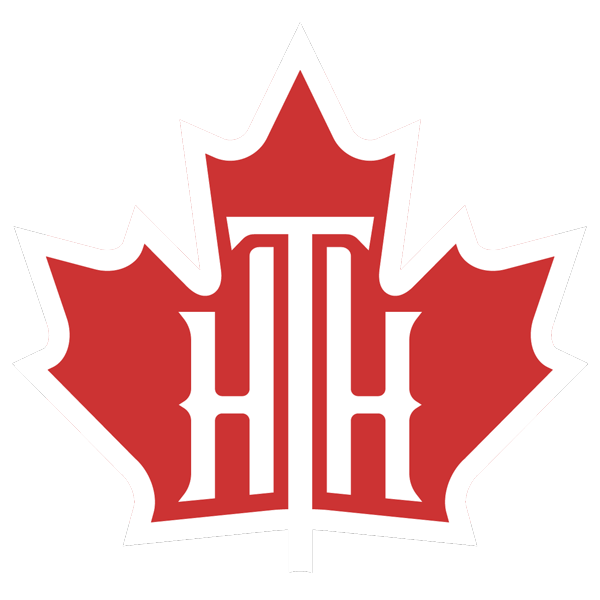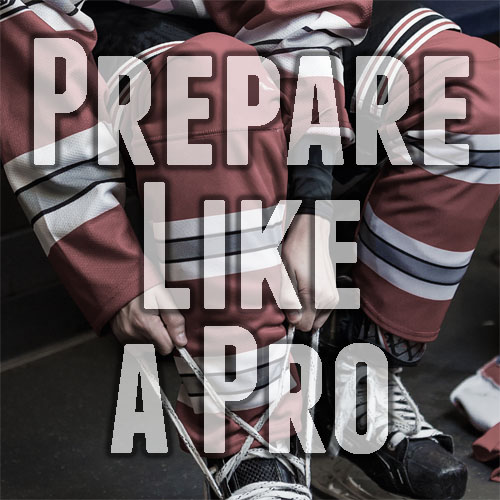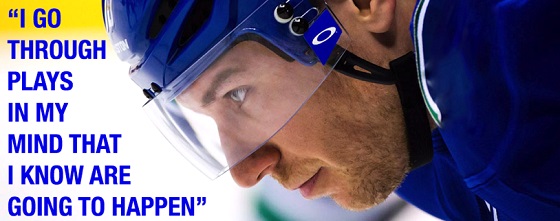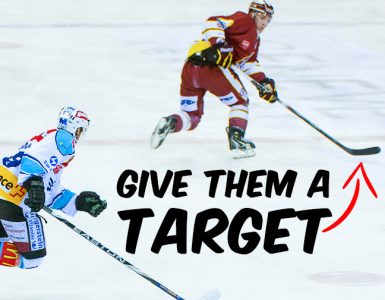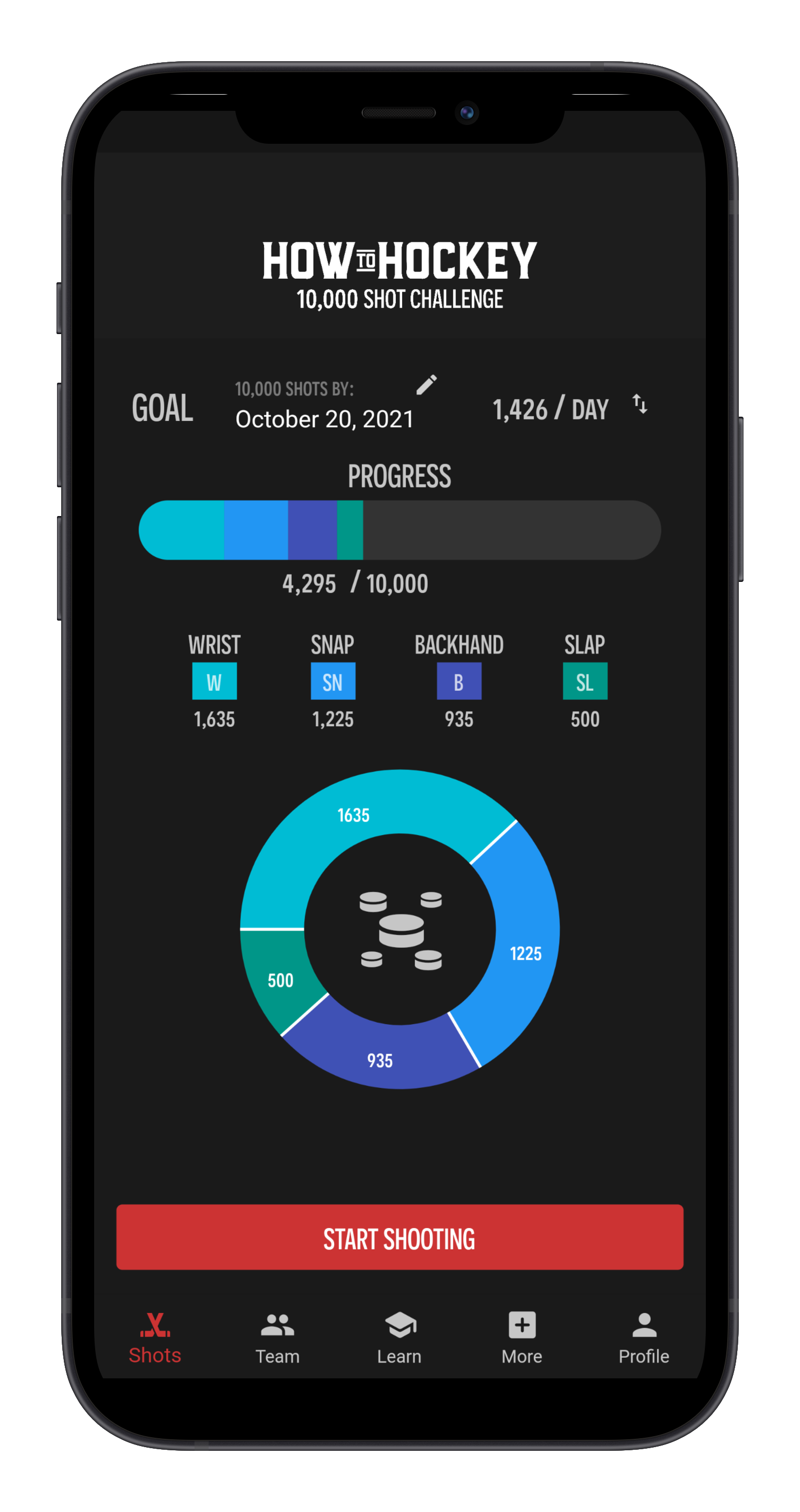Author: Geoff Winchester – G24Hockey.com (full bio at bottom of article)
I am lucky to have had the opportunity to work with a number of NHLers training their bodies and minds to ensure they can handle the demands of their job and perform optimally every night. But I learn from them way more than I teach. It is for that reason that I am writing this, I want to share with you one of the greatest lessons I have learned from these guys: the importance of game preparation and a solid game day routine. In the end, preparation is the key to reaching your goals, fulfilling your potential and, most importantly, giving your team the best possible chance of winning every night.
The Three Pillars of a Pre-Game Routine
There are three pillars to a pre game routine: Nutrition, Physical, and Mental. Each pillar has it’s own set of principles that must be followed, but they intertwine and work together to ensure one’s mind and body are in the best possible state to compete.
What is the best pre-game routine?
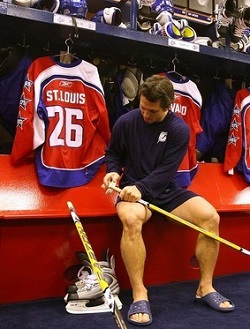 The best pre-game routine is one that will make you feel unstoppable, the one that will change your game! Unfortunately there is no one routine that works for everyone, building a pre-game routine is all about fulfilling the principles of performance with food and exercises that what work for you.
The best pre-game routine is one that will make you feel unstoppable, the one that will change your game! Unfortunately there is no one routine that works for everyone, building a pre-game routine is all about fulfilling the principles of performance with food and exercises that what work for you.
Below is a road map that outlines what a pro’s game day routine is like with respect to the three pillars. After reading it, head to g24hockey.com or the app store for access to 14 actual pro game day routines where you can pull what you like from each player to build the routine that works for you. Each pro shows you what they eat when they eat it, their actual warm-up and cool-down, and their mental approach to the game.
How to Prepare for a Hockey Game
The steps below will give you a template for preparing for a hockey game. Remember that this is how pro’s do it, if you play at a rec level you can take a few bits of info to help where help is needed (stretching, nutrition, etc)
Night before
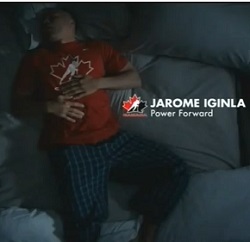 Mental: the mental approach to the night before a game varies from player to player. Some like to go to bed with a clear head, so they choose to read or watch a movie, while others like to think about the competition and the job they have to do the next day. Some players go as far as visualizing themselves playing the game.
Mental: the mental approach to the night before a game varies from player to player. Some like to go to bed with a clear head, so they choose to read or watch a movie, while others like to think about the competition and the job they have to do the next day. Some players go as far as visualizing themselves playing the game.
Do what makes you feel comfortable and allows you to have the most restful sleep possible.
Physical: Pros take their sleep very seriously, even though their schedules can be erratic because it is crucial for recovery and performance. The hours of sleep before midnight are better than those after, so get to bed early if possible.
Nutrition: For this meal pros consume a lot of vegetables, high amount of protein and slow acting carbs. This combination helps the recovery process from any physical demands encountered that day and it also helps keep the immune system strong.
Morning
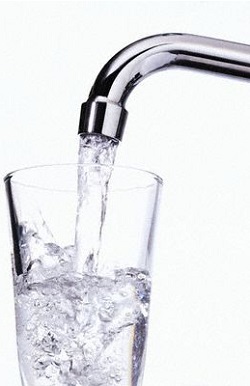 Nutrition: Start the day with a large breakfast, but limit the fast acting carbs (no captain crunch, or white toast) because you will crash within an hour. If you are serious about performing make sure you start drinking water at breakfast and continue doing so all day long.
Nutrition: Start the day with a large breakfast, but limit the fast acting carbs (no captain crunch, or white toast) because you will crash within an hour. If you are serious about performing make sure you start drinking water at breakfast and continue doing so all day long.
Physical: Pros don’t hit the snooze button, when it is time to get out of bed they wake up and start moving. Have a shower right away if you need to, just don’t stay in bed as it will mess with your energy levels throughout the day.
Mental: When playing at the highest level you start gathering information about your body first thing in the morning. To start the mental process, think about how you feel when you play your best and then commit to the rest of your routine which is designed to get you to your optimal place.
Afternoon
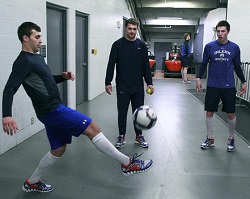 Pregame skate (physical): The pregame skate is the time where pros work out the kinks; they are testing themselves and their bodies, gathering information throughout. It is also a good time to begin focusing on skills they know will be called upon during the game. Pregame skates are light skates with lots of flow.
Pregame skate (physical): The pregame skate is the time where pros work out the kinks; they are testing themselves and their bodies, gathering information throughout. It is also a good time to begin focusing on skills they know will be called upon during the game. Pregame skates are light skates with lots of flow.
If you don’t have a pregame skate, do some sort of physical activity; stickhandle, go for a bike ride, kick a soccer ball. It is important that you get moving long before the puck drops.
Mental: Ask yourself how your hands felt, how your edges felt, did your body feel loose? Knowing that you are doing the right things to get your body ready to compete will get your head in the right space.
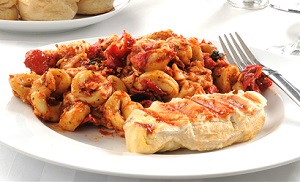 Pre-game meal (nutrition): Team pregame meals happen right after the pregame skate, usually at 12:30-1pm for 7pm game. This is where you need to get slow acting carbs in you, best sources are pastas and rice, and make sure to have some protein with it… And continue the hydration process.
Pre-game meal (nutrition): Team pregame meals happen right after the pregame skate, usually at 12:30-1pm for 7pm game. This is where you need to get slow acting carbs in you, best sources are pastas and rice, and make sure to have some protein with it… And continue the hydration process.
Before the game
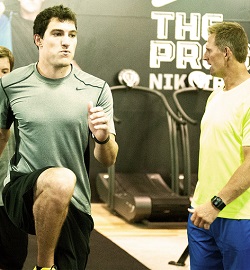 Physical: Just before putting on their gear pros complete a dynamic warm-up, most follow a same warm-up structure it’s only the exercises that differ based on their needs. The warm-up is essential for getting your body ready to go, if you warm-up properly your legs will be in the game before the first puck drops.
Physical: Just before putting on their gear pros complete a dynamic warm-up, most follow a same warm-up structure it’s only the exercises that differ based on their needs. The warm-up is essential for getting your body ready to go, if you warm-up properly your legs will be in the game before the first puck drops.
To get your body primed like a pro follow these steps:
- body temperature increase
- fascia release
- joint mobility
- neural activation
- power production
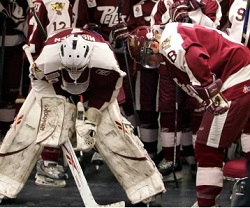 Mental: At the beginning of the warm-up the mood in the dressing room is light and most guys have fun while sharing a few laughs; but as the warm-up ends it’s time to start focusing on the task at hand.
Mental: At the beginning of the warm-up the mood in the dressing room is light and most guys have fun while sharing a few laughs; but as the warm-up ends it’s time to start focusing on the task at hand.
Most players, whether they know it or not, engage in visualization and/or focus techniques. The key to visualization and focus is to keep it simple, don’t overwhelm your mind; if you are thinking too much you won’t be able to react.
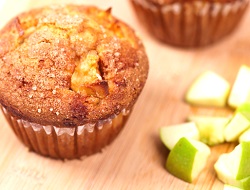 Nutrition: The last major part of fueling comes in the form of a snack, roughly 2.5 hours before the game; it’s easy to eat this just before heading to the rink or whenever they arrive. The snack should be high in slow acting carbs and easily digestible, this will allow for a quick start and to prevent a crash later on. A simple snack is a whole wheat bagel with peanut butter, or a muffin with fruit.
Nutrition: The last major part of fueling comes in the form of a snack, roughly 2.5 hours before the game; it’s easy to eat this just before heading to the rink or whenever they arrive. The snack should be high in slow acting carbs and easily digestible, this will allow for a quick start and to prevent a crash later on. A simple snack is a whole wheat bagel with peanut butter, or a muffin with fruit.
Post-Game
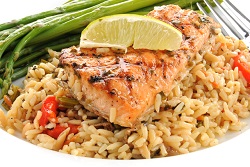 Nutrition: One of the most important meals is your post-game meal. It replenishes your energy stores, promotes muscle recovery and growth, and keeps the immune system high, all of which allows a pro to consistently compete hard the same way all season long.
Nutrition: One of the most important meals is your post-game meal. It replenishes your energy stores, promotes muscle recovery and growth, and keeps the immune system high, all of which allows a pro to consistently compete hard the same way all season long.
As soon as you are undressed, consume a source of fructose (a sweet fruit like pineapple, or grape juice), then 15-20 minutes afterwards, have a full meal that is high in protein, slow acting carbs, and different colors of vegetables.
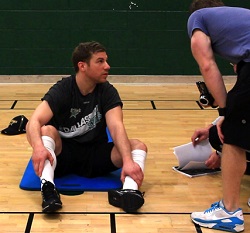 Physical: Cooling-down properly is essential to reduce the risk of injury and to keep the skating stride long. Stretch out the muscle groups that get activated during the game (e.g., hip flexors, low back) and pay extra attention to any body part that is excessively tight. Finish with a cold tub or some contrast therapy. This is what the pros do to get fresh blood/nutrients to the broken down tissues expediting the recovery process.
Physical: Cooling-down properly is essential to reduce the risk of injury and to keep the skating stride long. Stretch out the muscle groups that get activated during the game (e.g., hip flexors, low back) and pay extra attention to any body part that is excessively tight. Finish with a cold tub or some contrast therapy. This is what the pros do to get fresh blood/nutrients to the broken down tissues expediting the recovery process.
Mental: Dwelling on the past is wasted energy; however, learning from it can make you a better player. The advice I have received from the pros I work with is take a step a way from the game for the night and analyze your play the next day when your emotions are in check. From there, build on your successes and make sure you do not repeat the same mistakes.
Need Help with Your Pre-Game Routine?
This article gives you the basics of how the pro’s prepare for a game, but what will your pre-game routine look like? If you want some help building and customizing your pregame routine head to G24Hockey.com. Learn more about the app below, all the information is also available online.
G24 has a great app and web platform that allows you to get detailed access to Pro hockey players pre-game routines, meals, warm-ups, mental prep and more. They also allow you to customize your own pre-game routine based on the pro’s advice.
Check out our G24 review on Youtube and our full review of the G24 system.
Author Bio
Geoff Winchester, MA (Performance Psychology), BSc. (Honours in Human Kinetics), Certified Exercise Physiologist
Chief Product Officer
Geoff works closely with professional and amateur hockey players guiding their nutrition regimens, strength and conditioning plans, and mental approach to the game. His education combined with his hockey experience (tier 2 Jr A, CIS) has helped him thoroughly understand and manage the demand that hockey places upon a persons’ mind and body. He also has experience working with Canadian Special Forces; Canada’s elite soldiers, who he considers world-class athletes both mentally and physically. Geoff’s passion is helping people understand what they need to do to be their best and helping them develop and execute a plan to get there.
